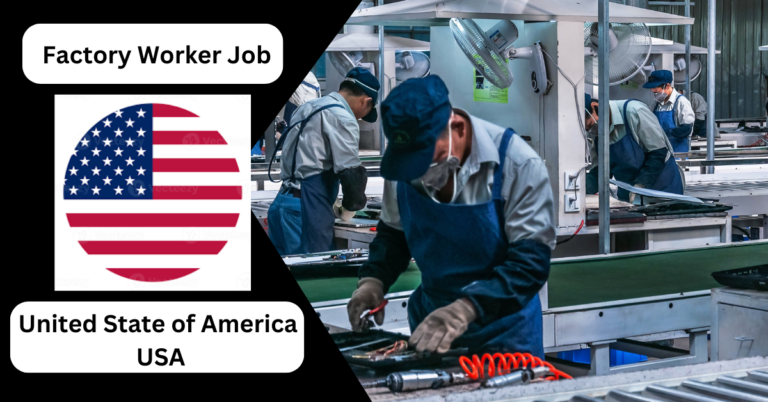Introduction
In the vast landscape of American manufacturing, assembly operators play a pivotal role in the production process. This blog post delves into the specifics of what it means to be an assembly operator in the USA, outlining the job description, key responsibilities, required experience and qualifications, frequently asked questions, and the broader significance of this role in the manufacturing sector.
Job Description
At its core, the role of an assembly operator involves assembling components or products within a manufacturing environment. This typically includes following detailed instructions, using a variety of hand tools and machinery, and ensuring that each product meets stringent quality standards before it moves on to distribution. Assembly operators are integral to the smooth operation of production lines, contributing directly to the timely delivery of goods to consumers.
Key Responsibilities
Precision Assembly
Executing assembly tasks with precision and accuracy, adhering strictly to standardized procedures and specifications.
Quality Assurance
Conducting regular inspections of assembled products to verify conformity with quality standards and identifying any defects or discrepancies.
Machine Operation
Operating specialized machinery and tools essential to the assembly process, ensuring optimal performance and efficiency.
Safety Compliance
Adhering to strict safety protocols and guidelines to maintain a secure work environment for oneself and colleagues.
Team Collaboration
Collaborating effectively with team members and supervisors to achieve production targets and resolve any operational challenges that may arise.
Problem Solving
Proactively identifying and addressing issues encountered during the assembly process to minimize disruptions and maintain workflow continuity.
Experience
While specific experience requirements can vary depending on the employer and industry, most assembly operator positions in the USA prioritize candidates with a background in manufacturing or assembly work. Entry-level roles may provide on-the-job training to familiarize new hires with company-specific processes and equipment. Previous experience in handling tools, understanding technical drawings, and demonstrating manual dexterity are advantageous attributes for aspiring assembly operators.
Qualifications
Educational Background
A high school diploma or equivalent is typically the minimum educational requirement for entry into the role of an assembly operator.
Technical Skills
Proficiency in using various hand tools, power tools, and machinery commonly employed in assembly operations.
Attention to Detail
A keen eye for detail and the ability to follow precise instructions accurately are essential for ensuring product quality and consistency.
Physical Stamina
The job often entails standing for extended periods, lifting and maneuvering materials, and performing repetitive tasks, necessitating good physical fitness and stamina.
How to Apply
Follow the instructions on the job posting carefully. Fill out the online application form, attach your resume, and include a cover letter if required. After submitting your application, monitor your email for any confirmation of receipt. If you don’t receive confirmation, consider reaching out to the employer to ensure they received your application.
Conclusion
Becoming an assembly operator in the USA represents a significant opportunity to contribute to the backbone of American manufacturing. This role demands a blend of technical proficiency, meticulous attention to detail, and a commitment to upholding quality standards. As industries evolve and technology advances, assembly operators remain indispensable in ensuring that products are assembled efficiently and effectively. For individuals considering a career in manufacturing, embarking on the path of an assembly operator can pave the way for a rewarding and impactful professional journey, offering opportunities for growth, development, and a vital role in shaping the future of American industry.
Frequently Asked Questions
Q: What is the career growth potential for assembly operators?
A: Assembly operators can progress within their careers by gaining experience, acquiring additional skills, and potentially moving into supervisory or specialized roles within manufacturing.
Q: What are the typical work hours for assembly operators?
A: Work hours can vary based on production schedules and employer requirements, with some positions offering shifts that may include evenings, weekends, or overtime during peak production periods.
Q: How can one excel as an assembly operator?
A: Strive for continuous improvement by honing technical skills, maintaining a strong work ethic, and actively contributing to team goals and objectives.
